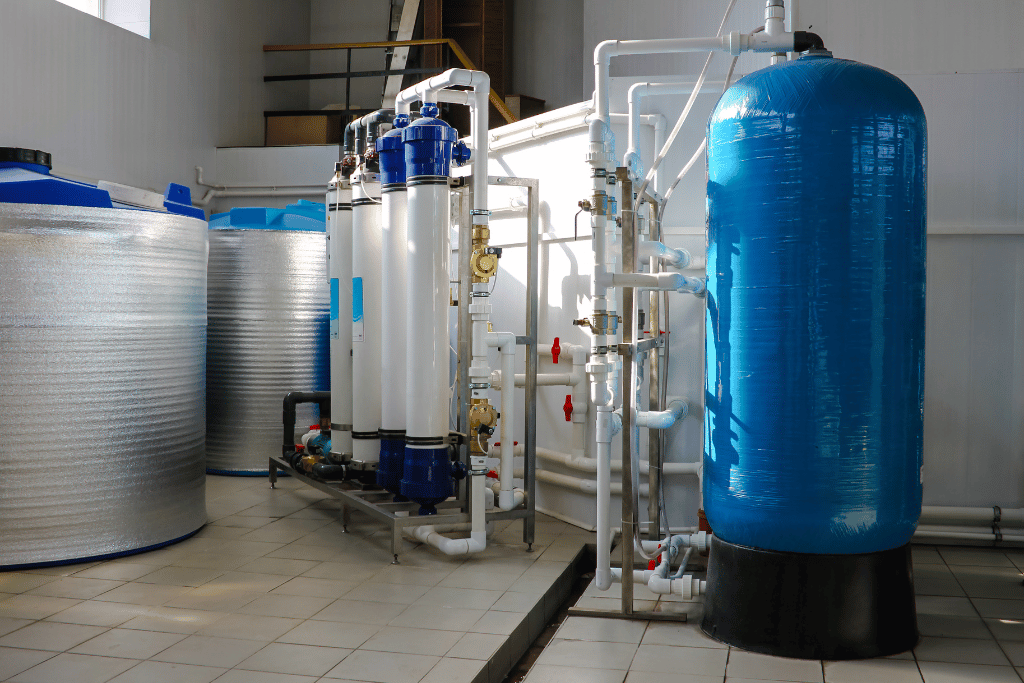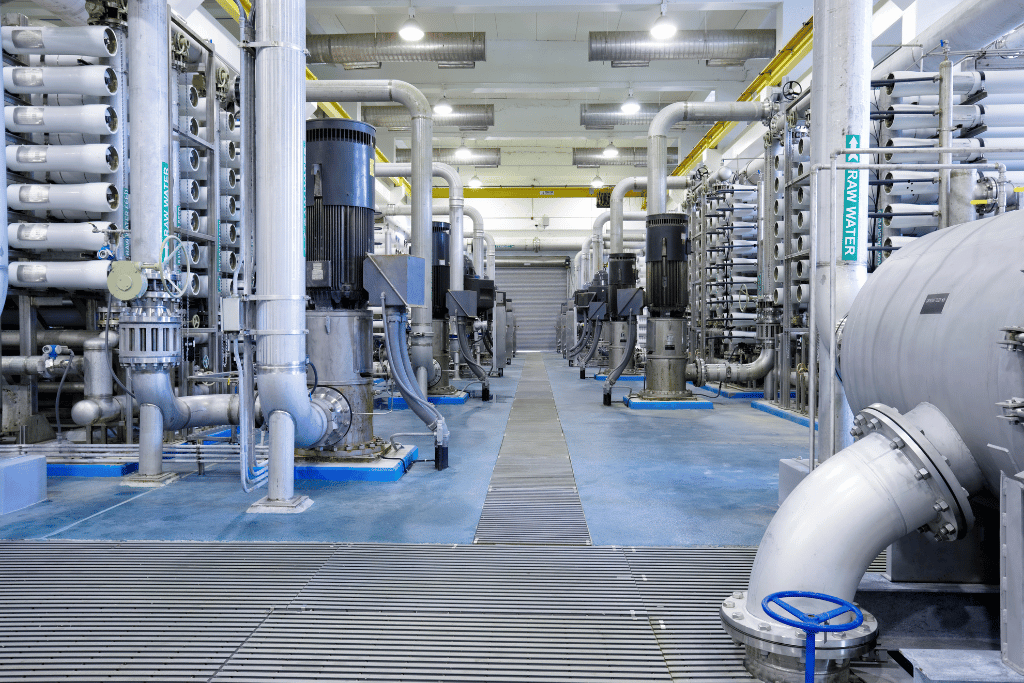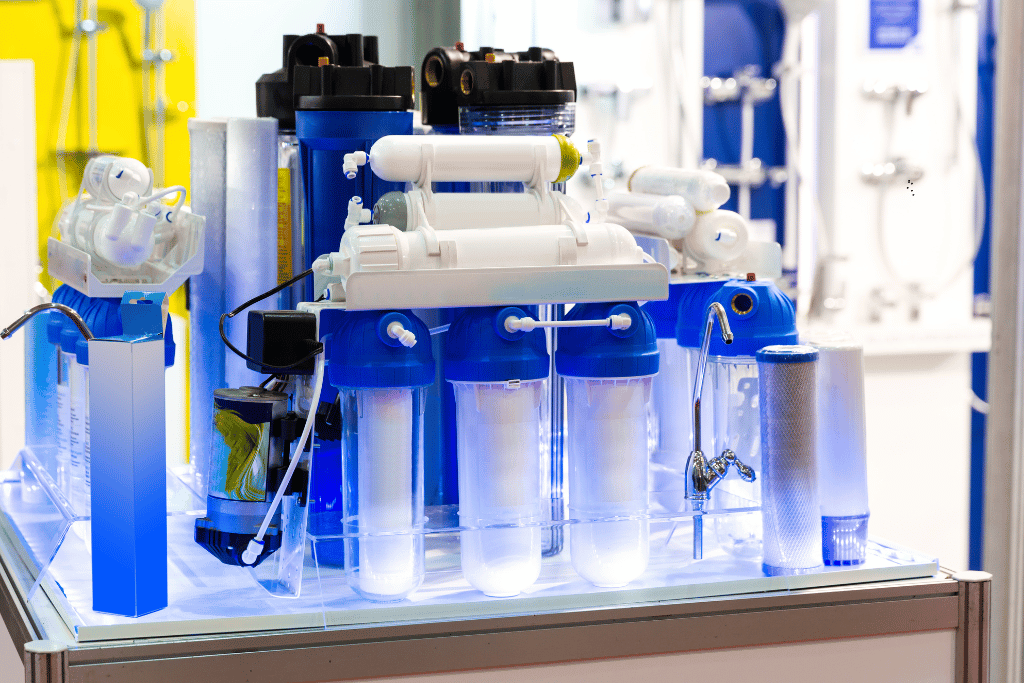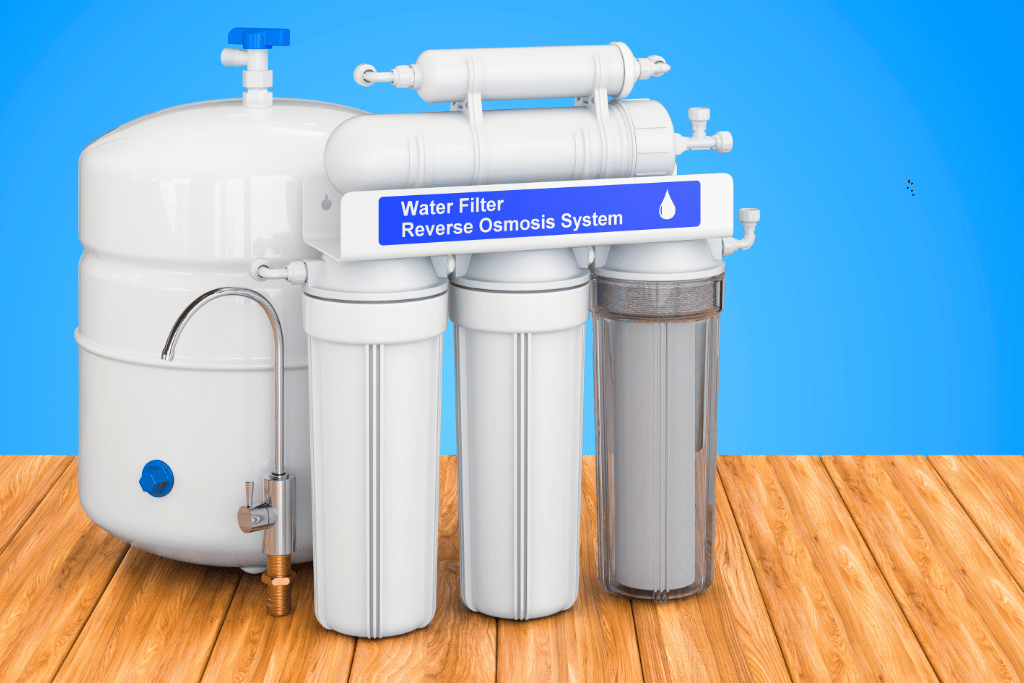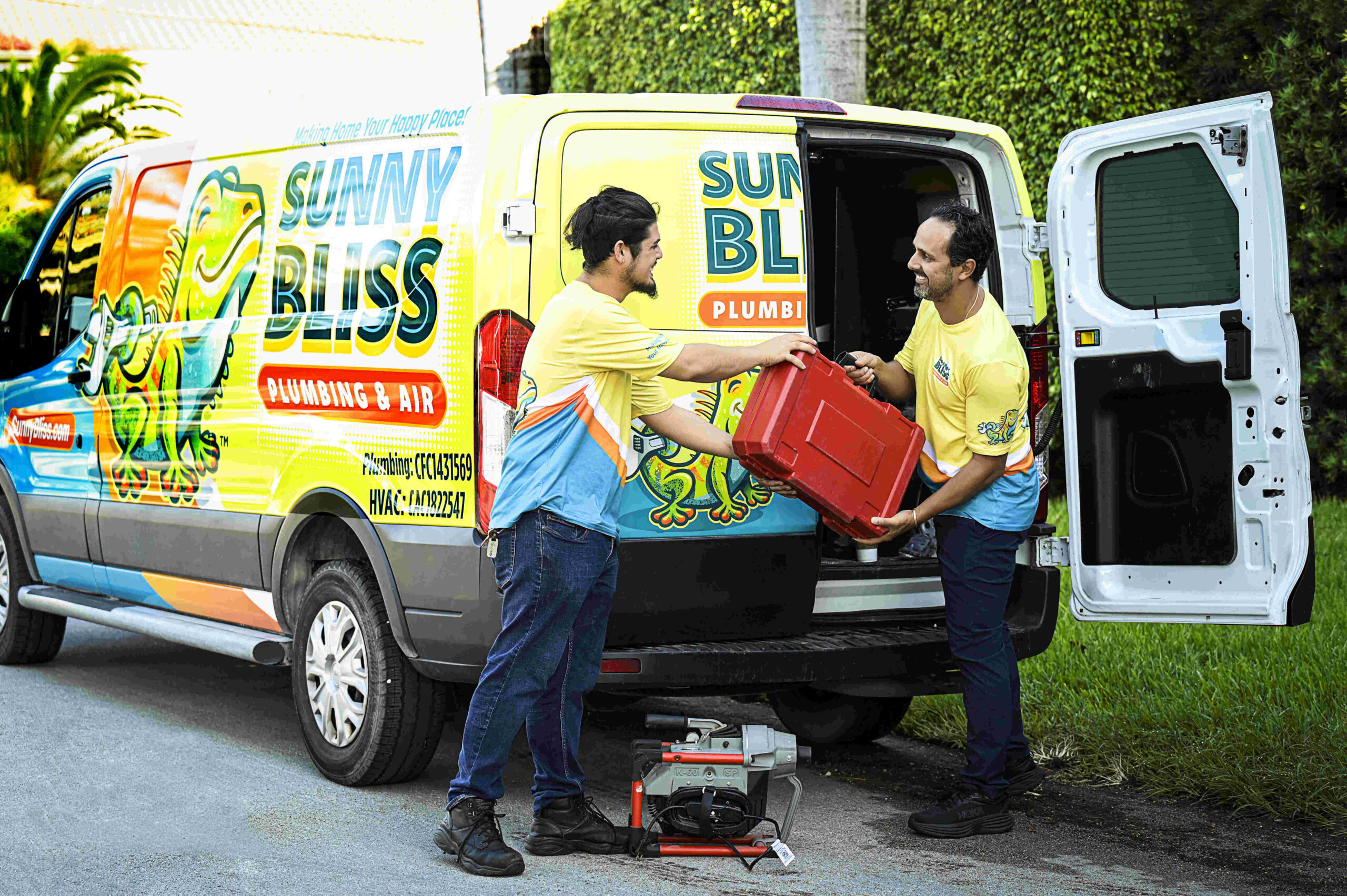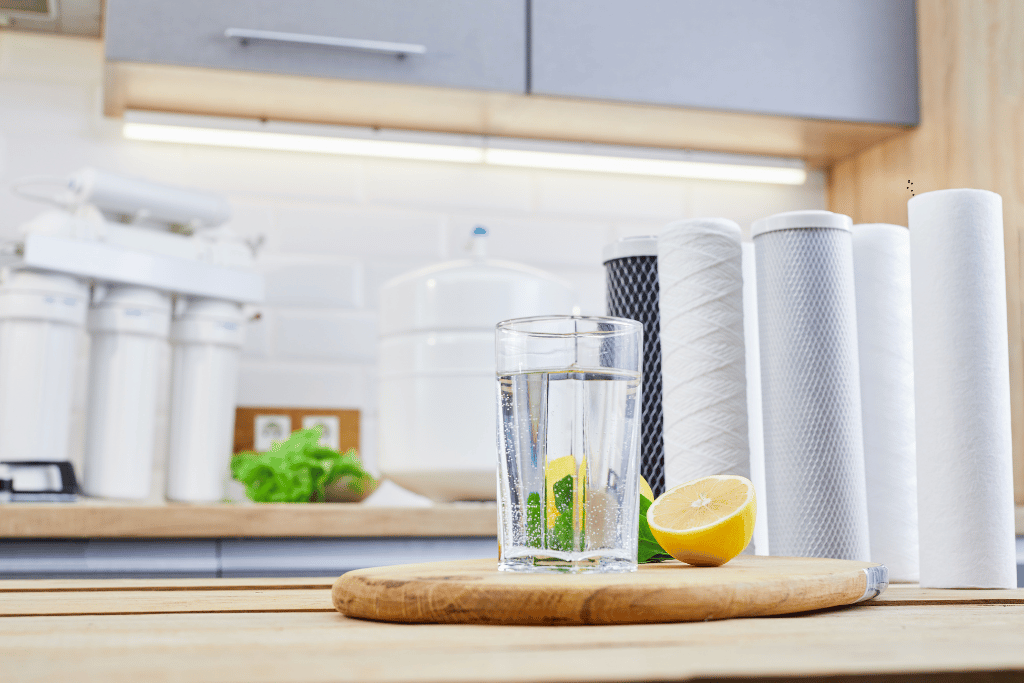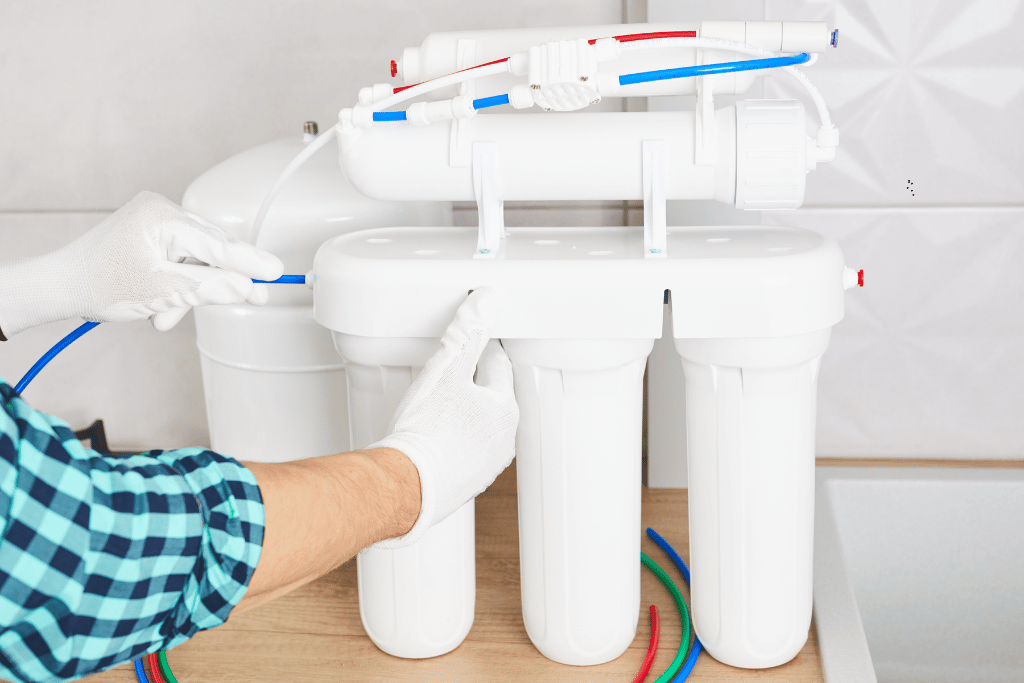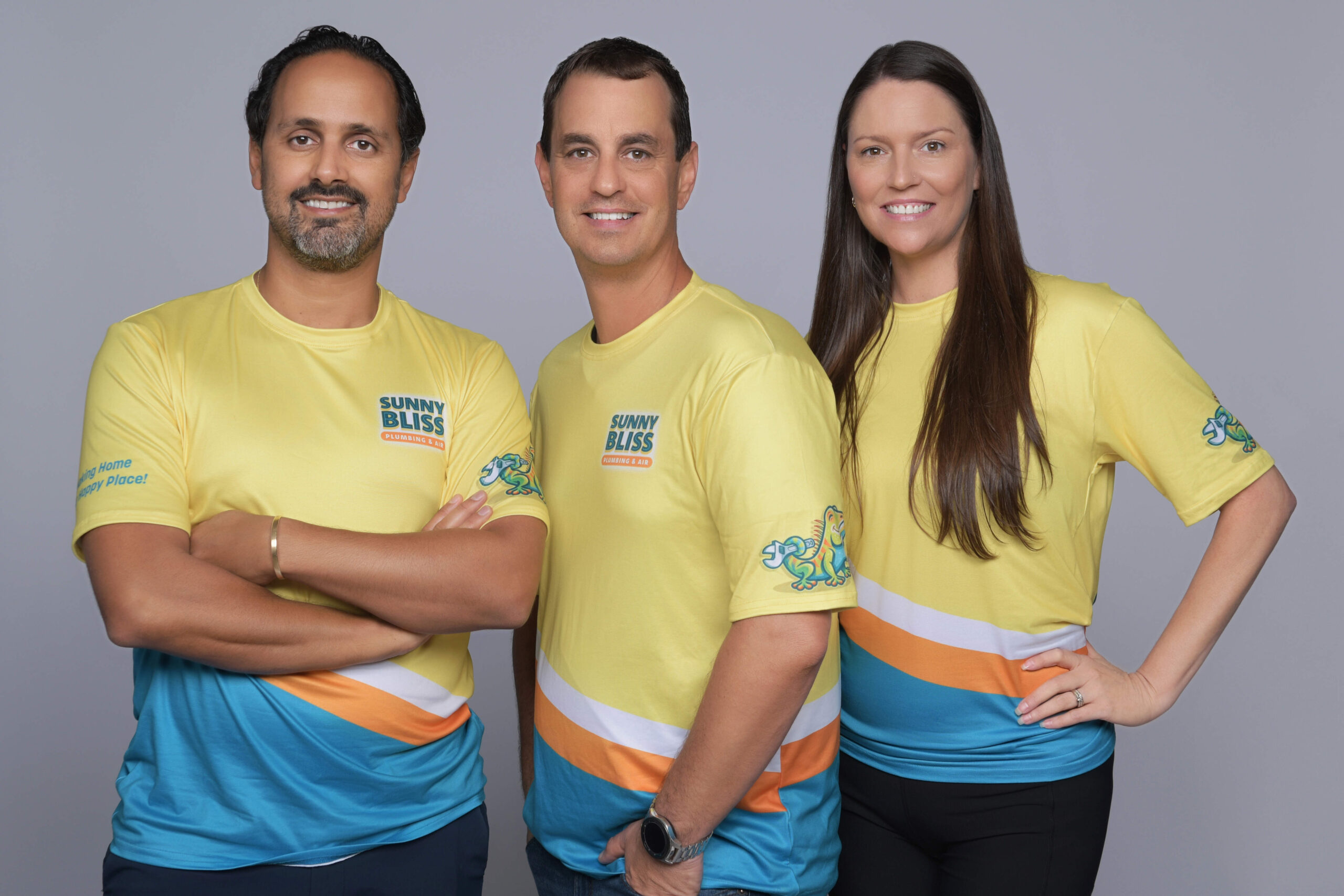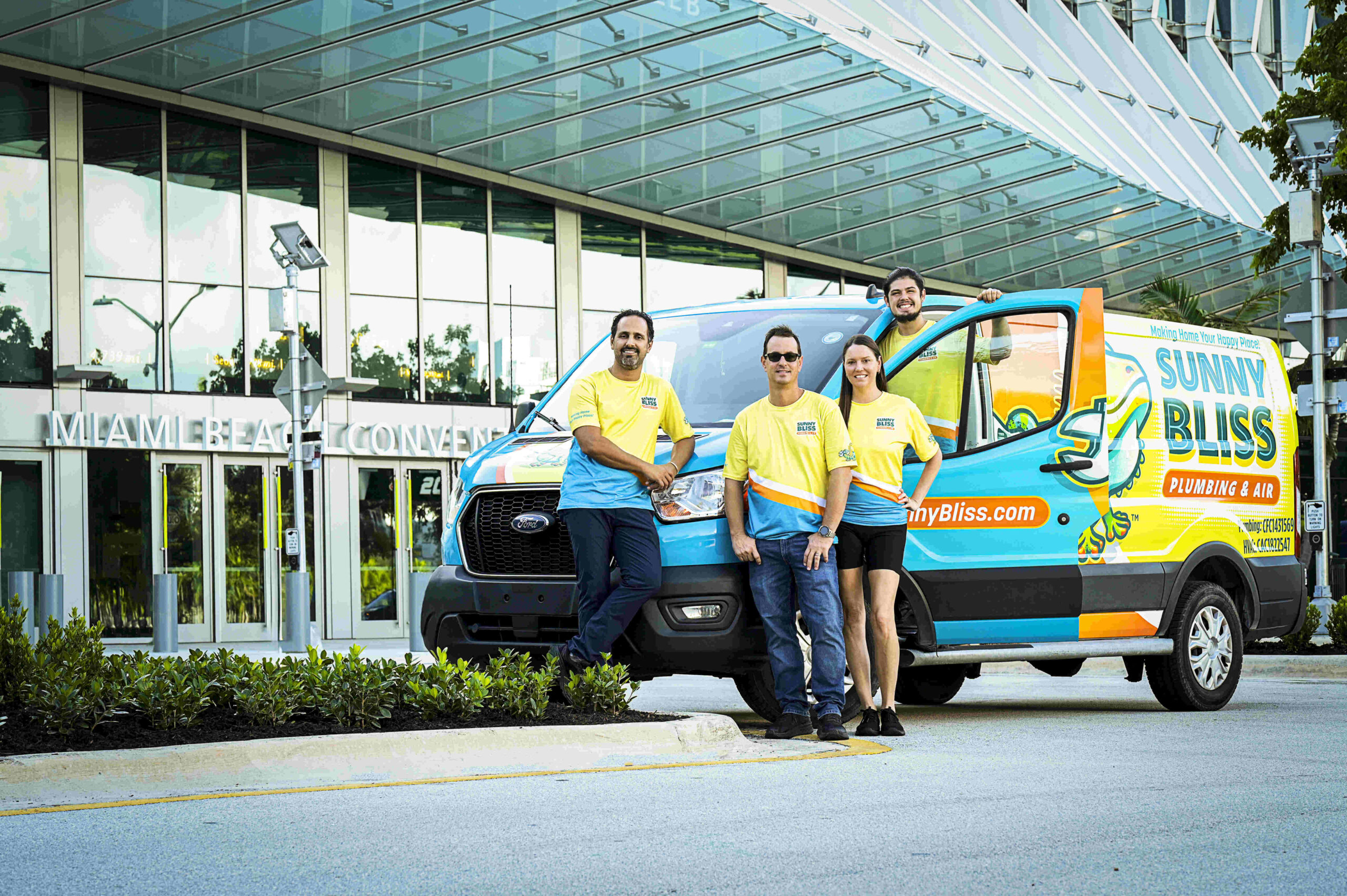Reverse osmosis systems are amazing, but like any technology, they come with a few questions. Let’s address some common concerns to put your mind at ease:
Does Reverse Osmosis Waste Water?
Yes, reverse osmosis systems produce some waste water during the filtration process. However, modern systems, like the ones we install at Sunny Bliss, are designed to minimize waste while maximizing purified water output. For every gallon of purified water, there’s typically one to three gallons of wastewater, depending on your system. But don’t worry, we optimize your setup to ensure it operates as efficiently as possible.
Can It Remove All Contaminants?
Reverse osmosis is incredibly effective, removing up to 99% of dissolved solids, volatile organic compounds, and other harmful contaminants. However, certain substances like some pesticides or bacteria might require additional filtration steps, such as UV sterilization or specialized carbon filters. If your water supply has unique challenges, we’ll recommend solutions tailored to address them.
Is Reverse Osmosis Water Good for You?
While reverse osmosis removes many impurities, it also strips water of essential minerals like calcium and magnesium. Prolonged consumption of solely RO water might lead to mineral deficiencies. To address this, we often recommend installing a remineralization filter after the RO system. This filter adds back beneficial minerals to the purified water, ensuring it’s both safe and healthy for consumption.
Does Reverse Osmosis Slow Down Water Flow?
Yes, RO systems can reduce water flow compared to traditional filters. However, modern systems are designed to minimize this impact. The extent of the slowdown depends on the specific system, water pressure, and the level of contamination in your water. At Sunny Bliss, we carefully select systems that offer optimal performance without sacrificing water flow.
Is Reverse Osmosis Expensive to Maintain?
While the initial investment in an RO system might be higher than traditional filters, the long-term maintenance costs are relatively low. The primary maintenance involves regular reverse osmosis filter replacements. The frequency of replacements depends on factors like water quality and usage. We’ll provide a personalized maintenance schedule to keep your system running efficiently.
Can I Use Reverse Osmosis Water for Cooking?
Absolutely! Reverse osmosis water is ideal for cooking and preparing beverages. Its purity ensures that the flavors of your food and drinks are not compromised by impurities. It’s particularly beneficial for brewing coffee and tea, as it allows for a cleaner and more flavorful brew.
